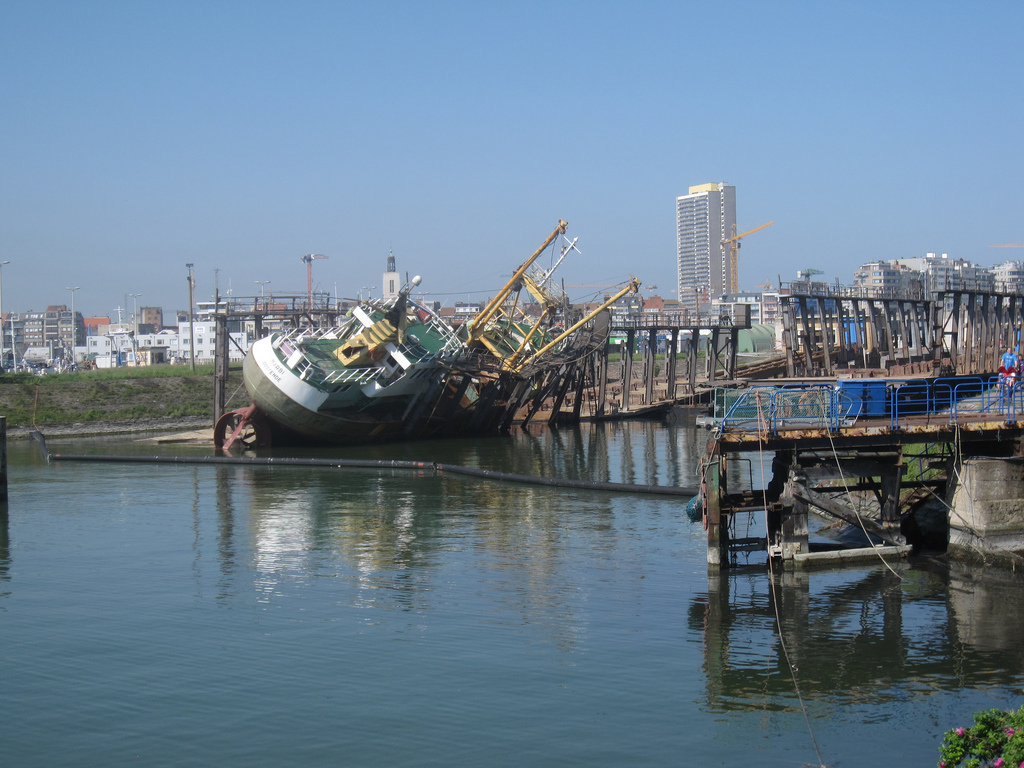Maritime worker protection: what to do if hurt on-the-job
Author: Lisa Coleman
Published: Jul 15 2013
There are few jobs as dangerous as merchant marine employment. Working on the high seas carries unique inherent dangers because of the long-term isolation of the shipping vessel and crew, which can create hazardous conditions that land-based employment does not include. Even instability from the powerful forces of the ocean can be problematic when the weather becomes violent or challenging. Additionally, shipping companies are not inspected while in transit because of the obvious physical difficulties associated with long-haul trade routes. Safety compliance can easily be disregarded unless a problem is potentially fatal. However, maritime workers do have a legal opportunity for workers compensation through the Jones Act that is not provided for others.

a) Determine Jones Act Eligibility
The Jones Act, also known as the Merchant Marines Act of 1920, was enacted in an effort to maintain border security for shipping ports after World War I. Transportation by shipping vessels inside United States territorial waters would require the ship to fly the U.S. flag as identification. In addition, it set standards for the percentage of employed workers of the shipping company with regards to legal working authorization in the United States, along with providing worker's compensation benefit rights for workers who have been injured on the job. The injured worker must be a qualified "seaman," based on the percentage of employment time spent on the high seas. Everyone who navigates inside the port, such as tow boat operators, are not always qualified.
b) Identify Maritime Injuries
There are several injuries that many maritime workers suffer in significant numbers. Back injuries are the most prevalent and can easily result in permanent disability. It is important to understand that disability is determined by the worker's remaining ability to perform the same kind of work for a similar income level. Burns and broken bones occur regularly because of the physical demands of the various job assignments. In addition, slip and fall injuries and injuries from falling objects occur more regularly than other types of employment. Even food poisoning can occur in dire situations.
c) File A Jones Act Claim
Depending on the kind of injury, if injured on a maritime job, it is important to contact a maritime lawyer to get counsel on what your rights are. In some cases, a person will need to contact an admiralty maritime lawyer. These knowledgeable lawyers are equipped to counsel about your rights and represent a client and handle all the legalities in their case in regards to their maritime injuries.
Filing a Jones Act claim is not as simple as filing a standard workers compensation claim. Workers compensation laws prohibit an injured employee from filing a negligence claim against an employer unless there is a provable disregard for reasonable duty of care, such as being fined in association with an injury causation. Workers compensation claims are protected by the insurance carrier, who also has legal input in the claim. Shipping companies are not required to carry workers compensation insurance, but injured workers can sue the company in the state court system of company headquarters. This legal standing also includes an increased opportunity for punitive damages from an actual jury trial. This does not normally exist for land-based workplace injuries. The initial hearing establishes the injured plaintiff's qualified legal standing as a seaman, with the claim then reverting to standard civil tort court proceedings.
The pay rate for maritime workers can easily result in a maximized claim if the potential for punitive damages is present. Experienced and dedicated Jones Act attorneys know how to use the provisions of the legislation in negotiating a maximum settlement from the transportation company to avoid a full jury trial. Without a successful attorney the process of a Jones Act claim is futile for the injured novice.
Legal writer Lisa Coleman shares what the Jones Act is and encourages anyone injured when working a maritime job to consider hiring legal counsel. Doyle Raizner LLP is an admiralty maritime lawyer firm, knowledgeable and experienced in the complex laws regarding maritime injuries, and is equipped to handle all the legalities of such cases.
Photo Credit: http://www.flickr.com/photos/67975030@N00/7158959269/
This article is published on the basis that the supplied content is the original work of the author / provider. If you feel that copyright has been infringed, please contact the site administrator.
B-0
